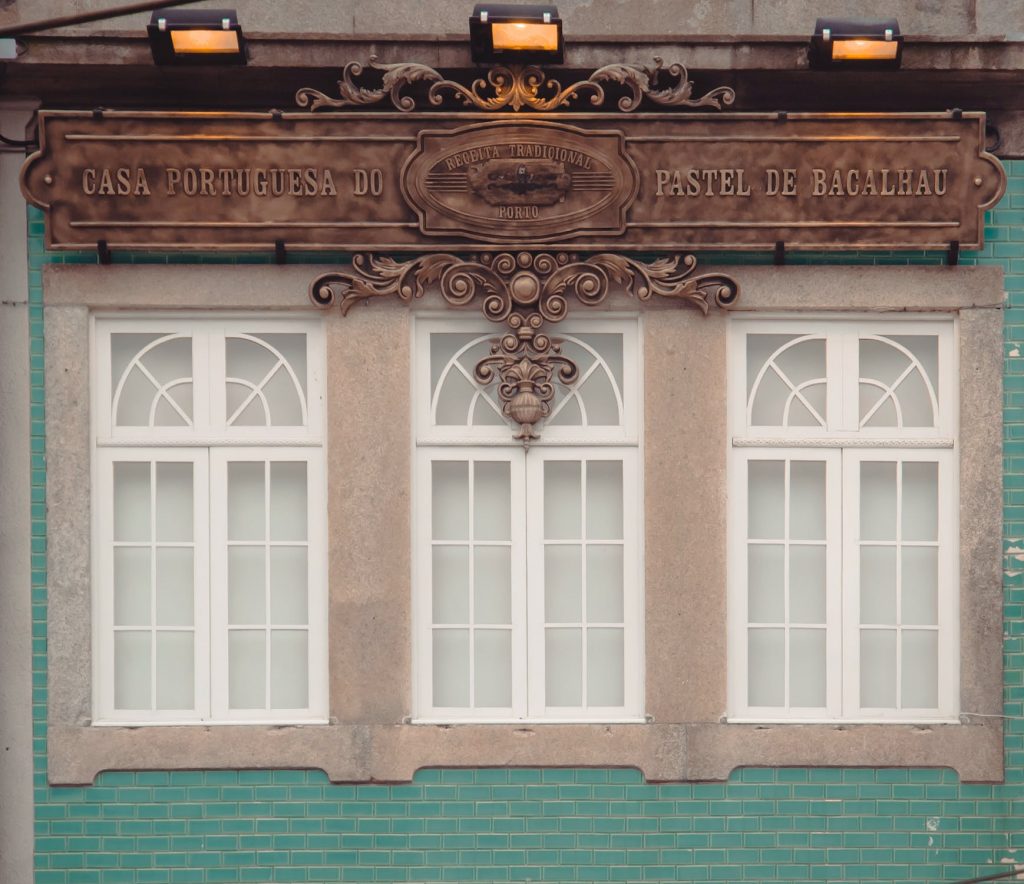The History of Bacalhau
If only the title has suddenly increased your salivation, keep reading to appreciate this Portuguese delicacy, even more than before.
O Bacalhau, or “salted cod” is deeply rooted into the Portuguese culture, still today representing one of the culinary ingredients widely renowned all around the world. In fact, the pungent smelling dried fish is the base of many recipes, supposedly 365, one for each day of the year.
The history of Bacalhau dates back to the Portuguese navy’s exploration era, in the XIV century. Naturally, the cured fish was able to last for years -literally- providing a never-ending source of nutrients and vitamins for the crew sailing through the Atlantic Ocean. If stock were running low, they could simply obtain fresh supplies throwing a net overboard.
However, cod is not native to the Portuguese coastline, but can be fished in the Newfoundland waters (a Terra Nova in Portuguese), on Canada’s oriental side. In the XIV century, the Portuguese navy was virtually banned from the vast reserves of cod of the shores of Newfoundland, when English and French sailors became a stable presence in that area. Since then, Portuguese markets were filled with cods coming from the UK, skilfully cut lengthwise, and hung from the caudal fin. That’s why in this period the fish was known as Bacalhau Inglês, “English salted cod”.
The consumption of Bacalhau grew exponentially from the 1920, with Salazar’s Estado Novo when the dictator organised and centralised the fishing business, creating the famous Campanha de Bacalhau and increasing the country’s supplies, so much so that the salted cod was called pão de marés, “the bread of the sea”.
For the drying to occur, the fish needs to have a low level of oils and fats in the fleshy sections, otherwise the action of the salt could be prevented, resulting in a rotten fish. When we are ready to use it for our recipes, the fish needs to be soaked in fresh water for a minimum of 24 hours, with the water being regularly changed.
It is now much easier to find Bacalhau in the UK and everywhere around the world, thanks to online platforms and reduced delivery periods, so it is the perfect time to experiment and create something delicious in our kitchen. The beautiful smell of our Portuguese dish in our kitchen will be like pretending we are in a sunny terrace in Lisbon, I promise.
The recipe I want to introduce to you all is Bacalhau à Brás, supposedly created in the Bairro Alto district of Lisbon, which is a very simple but delicious mix of potatoes, eggs and, of course, bacalhau.
Time to go shopping! Come back next week for the detailed ingredients and process, our very own Bacalhau a bras recipe !
